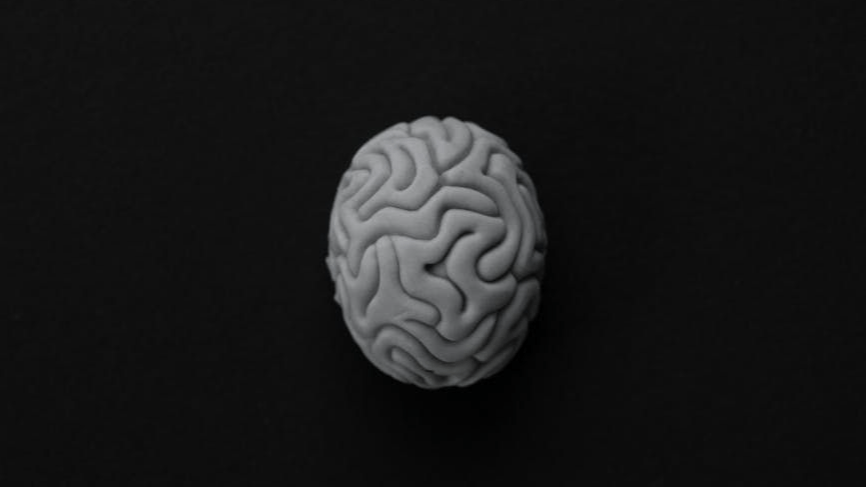
"Understanding artificial consciousness requires us to analyze human consciousness evolutionarily, revealing key brain features essential for complex conscious experience."
"Current AI systems face intrinsic limitations that hinder their ability to replicate human consciousness, rooted deeply in structural and environmental constraints."
The article analyzes the development of artificial consciousness through an evolutionary lens, comparing it with human brain evolution and its conscious processing. It addresses critical features of the human brain that contribute to complex conscious experiences, emphasizing the necessity for AI research to draw inspiration from these characteristics. Furthermore, it highlights intrinsic limitations of AI systems in emulating human consciousness, shaped by both structural properties and the current state of scientific knowledge in technology and understanding of consciousness. The discussion offers insights into the challenges AI faces in areas like social interaction and creativity.
Read at Hackernoon
Unable to calculate read time
Collection
[
|
...
]